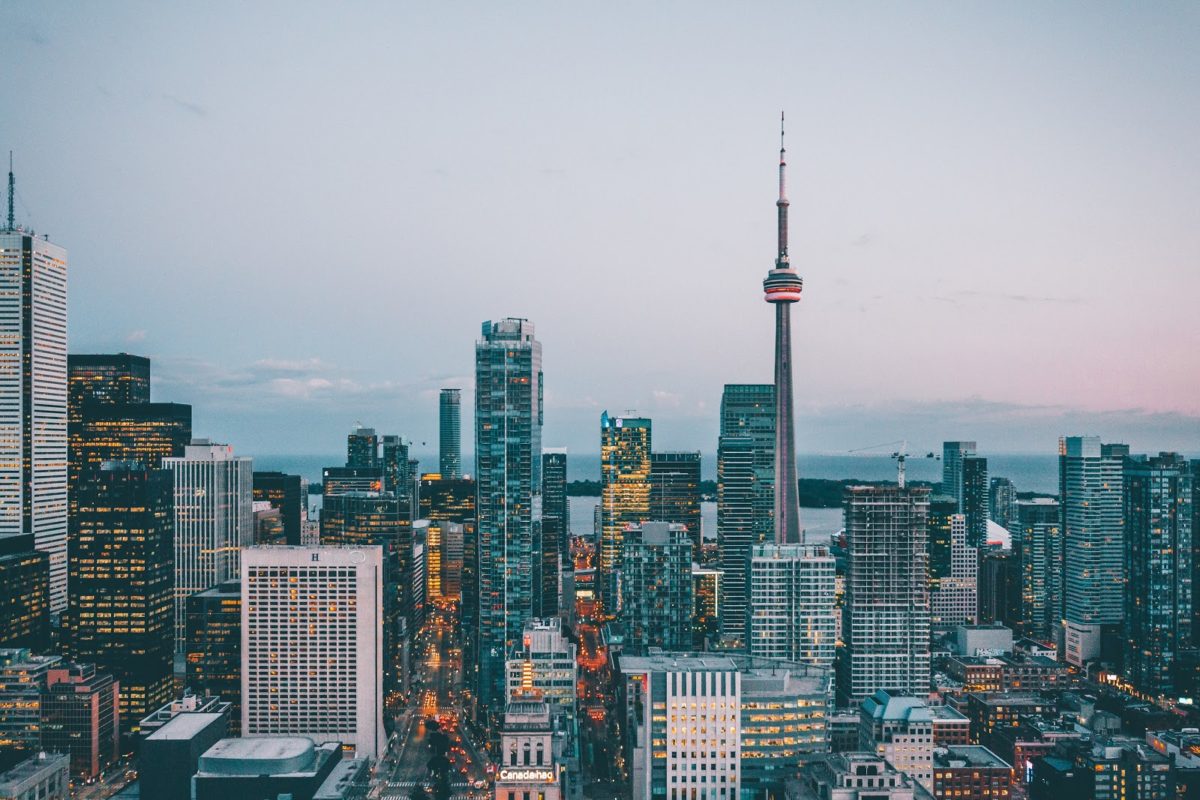Choosing to purchase a home in a big city comes with challenges that rural home buyers don’t often experience. From market volatility to inflated pricing, it’s important to research all the variables that will not only impact the home buying experience but the resale experience as well.
Here are some of the important considerations to keep in mind when purchasing a home in a big city.
Type of Dwelling
Choosing to buy a home doesn’t necessarily mean buying a house. Condos are another option in a big city that offers a middle ground between renting and dealing with the cost and maintenance of a home. It also offers a competitive alternative to the renting versus buying debacle that leaves lots of home buyers wondering if they’re making the right choice.
For example, due to the market fluctuations recently, it’s more affordable to rent an apartment in downtown Toronto than it is to purchase a starter home in the wider GTA. On the other hand, condos in Toronto are extremely affordable, creating a home ownership option that’s cheaper than purchasing a townhouse and comparable to the cost of renting.
There will be differences in prices from city to city, as well as the gap between owning a house in the suburbs and a condo downtown. It’s important to consider if the type of dwelling matters to you and to plan accordingly.
The Time to Buy
There are often radical peaks and valleys in the real estate market of a major city that are more extreme than those in smaller towns. For those who aren’t being forced to move into a particular area or those that have flexibility in when they purchase a home, choosing the right time to buy is essential.
Vancouver has received a lot of news coverage in recent years due to the soaring market demand and related housing price jumps. Plenty of homeowners made a substantial profit in their home by selling during this time and choosing to rent until the market regulates. Now, the bubble has burst, and home prices are starting to come back down, making it the opportune time to look into Vancouver houses for sale.
By paying attention to the real estate market, home buyers can make strategic decisions that can drastically improve their standing when purchasing a home.
Location Within Location
The real estate adage “location, location, location” has a whole new meaning when moving into a big city as opposed to a small or moderate town. A couple of blocks can make all the difference in transportation options, pricing, neighborhood quality, etc. This brings with it a lot of important considerations in direct relationship to one’s lifestyle.
One consideration is travel. There are some big cities where you need a vehicle to get around, Houston, for example. In other cities owning a vehicle can be a hindrance, like New York City, as parking is limited and the pricing is astronomical.
For families, there are other things to keep in mind, like the quality of the schools in the local area and other community amenities. In large cities, there are often a lot of low-quality public schools to cover the high demand. Being close to parks and extracurricular activities can help keep families active in an urban environment. The overwhelming number of choices in schools and care facilities can often result in the inability to make informed decisions.
Building Age and Size
If you move into an older building, the health and safety standards may not be in alignment with today’s regulations. Furthermore, if you move into a historic property, you may be required to provide special care and maintenance. Generally speaking, the closer you move to the heart of a city or within a desirable area, the more you’ll pay for less space.
Living in a big city isn’t without its challenges, but it’s often worth the rewards. The overall atmosphere of a big city becomes a world of its own, full of career opportunities and cultural experiences. With careful consideration and research, buying a home in a big city can be a rewarding experience.














